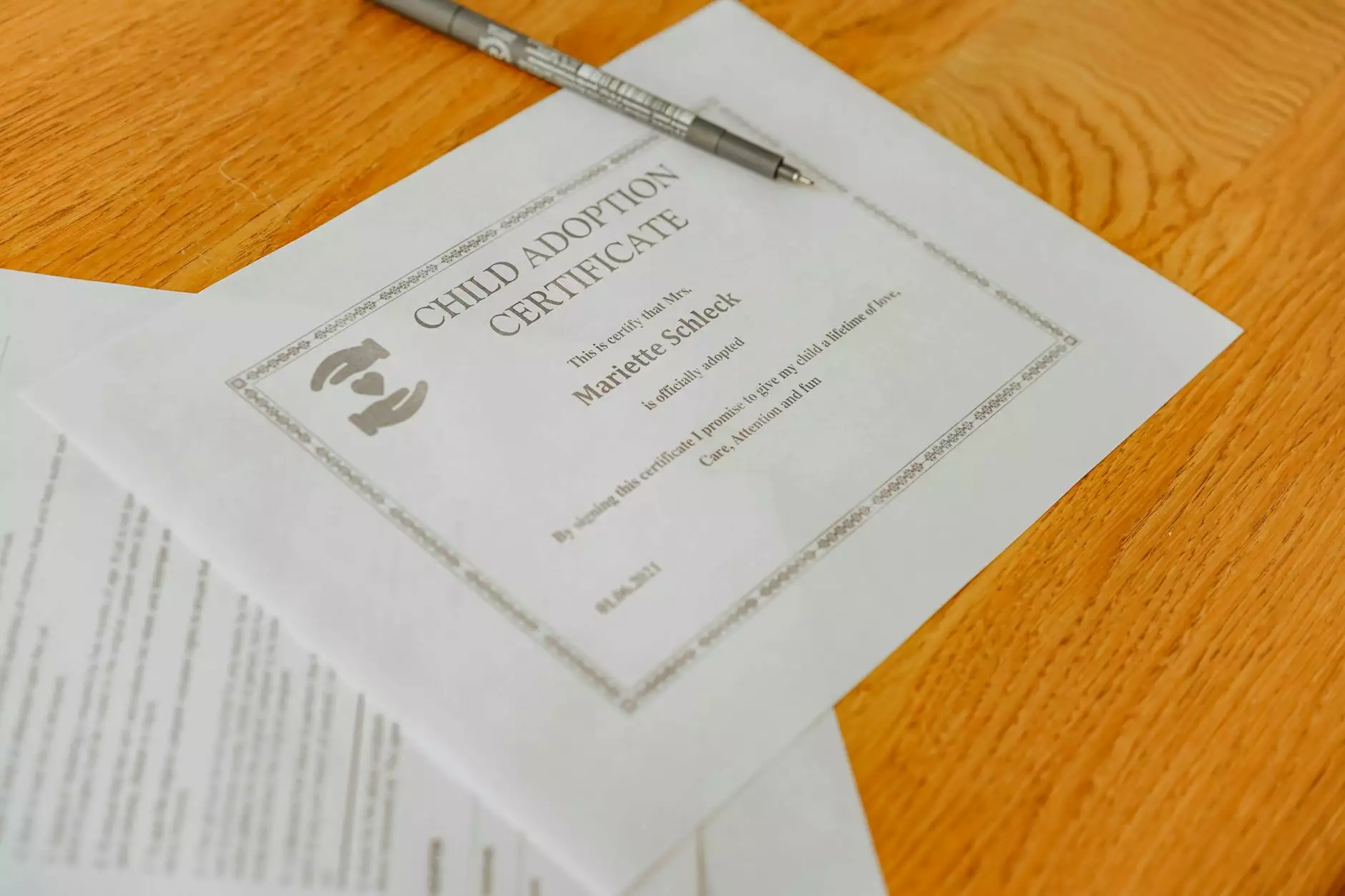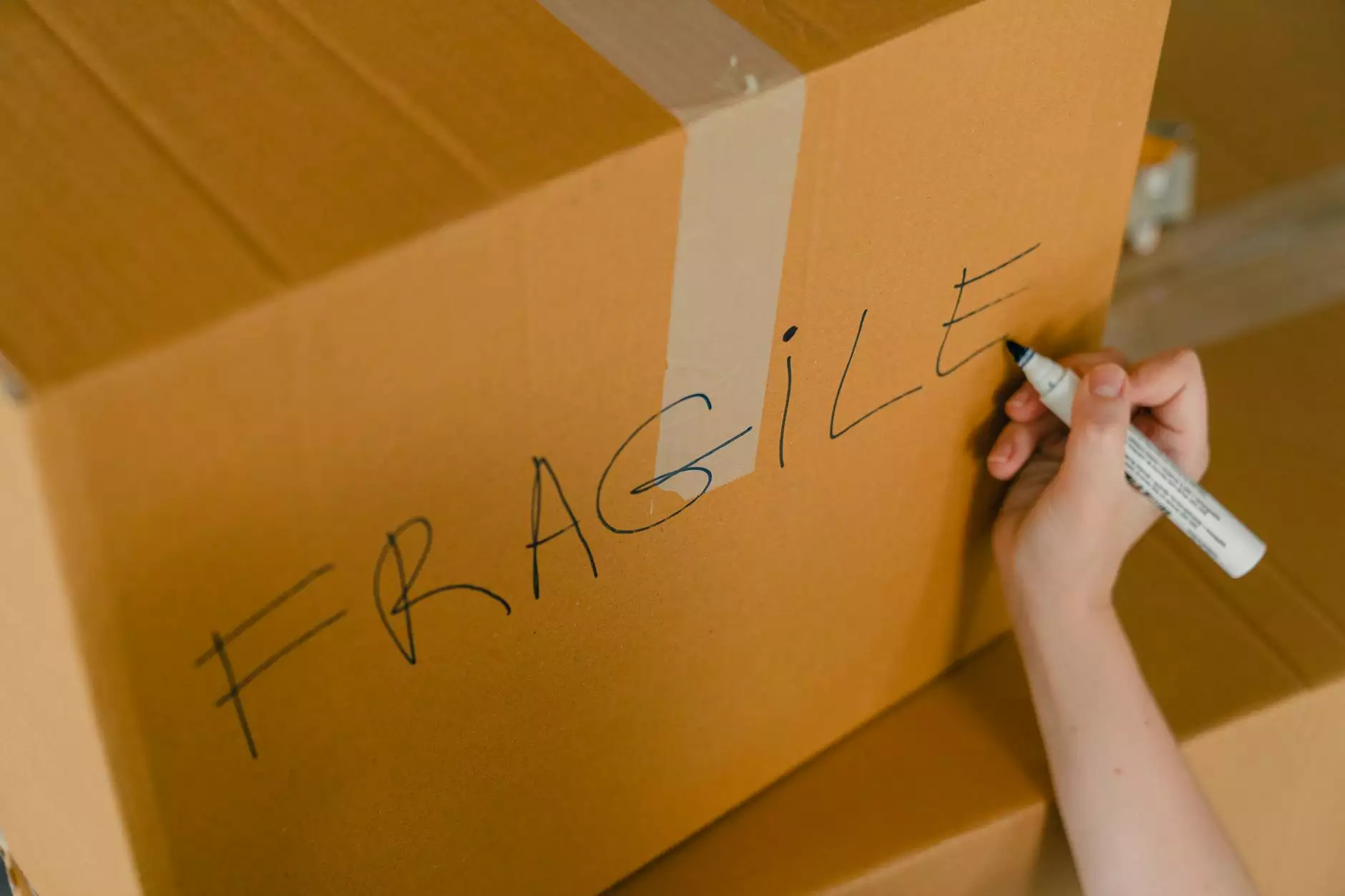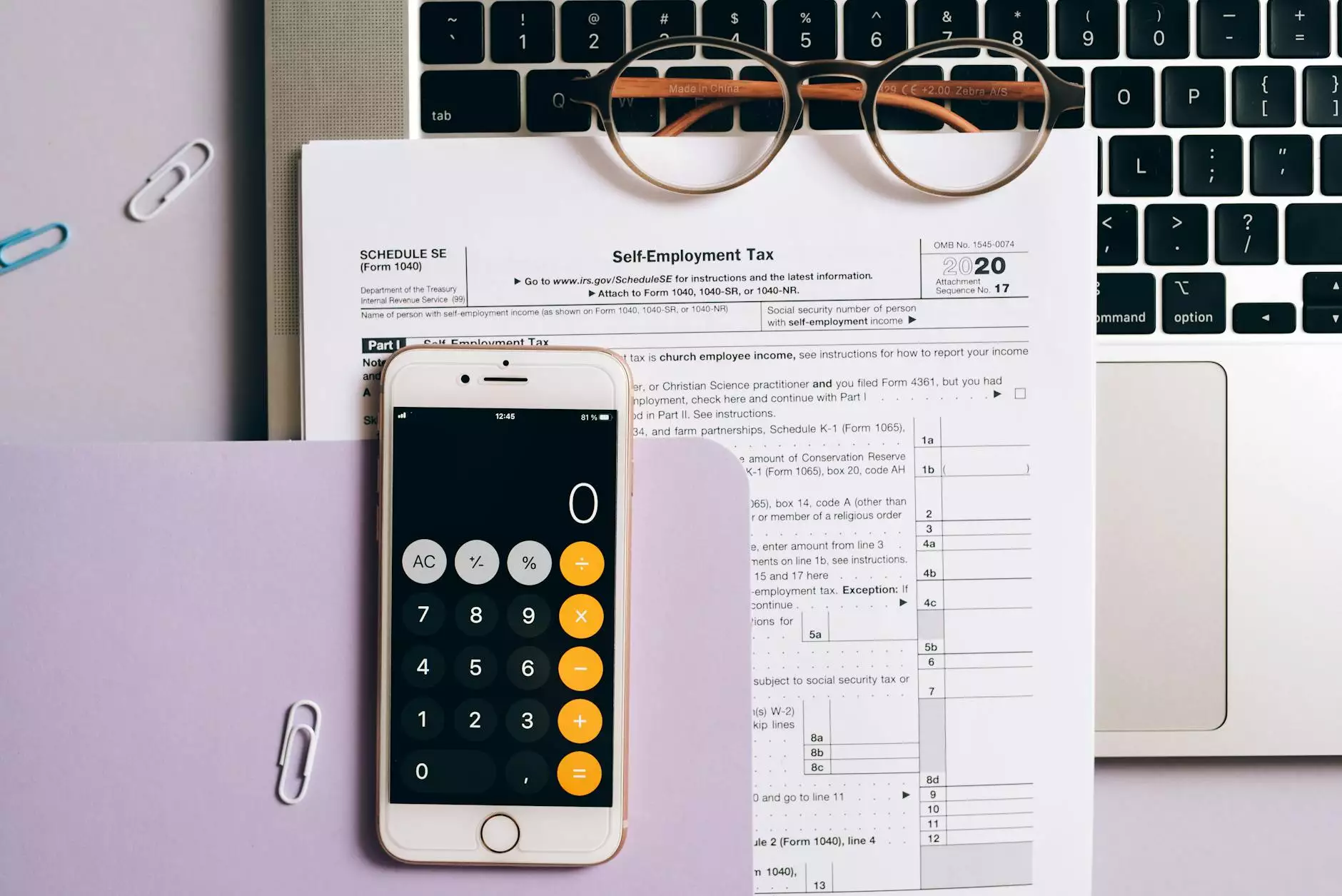Unlocking Opportunities: Why You Might Consider to Order Fake Certificates

In today’s competitive job market, the importance of credentials cannot be overstated. Employers often prioritize candidates with formal qualifications, creating a demand for individuals to showcase their educational achievements. This has led many to explore various avenues, including the option to order fake certificates. While this practice may carry a controversial reputation, it is essential to understand the context and implications of this decision.
Understanding the Concept of Fake Certificates
Fake certificates are documents that resemble official academic or professional qualifications but are not issued by accredited institutions. These certificates can represent diplomas, degrees, or professional licenses. It is crucial to differentiate between legitimate usage for novelty or educational purposes and deceitful intent aimed at misleading employers or institutions.
Types of Fake Certificates
When considering to order fake certificates, it is essential to recognize the various types available. Here are some common categories:
- Diplomas and Degrees: These certificates mimic high school, college, or university degrees.
- Professional Licenses: These can include certifications required for specific professions, such as nursing or engineering.
- Training Certificates: Often used for courses completed to gain skills or knowledge in a particular area.
- Awards and Accolades: These certificates can recognize achievements or milestones in personal or professional development.
The Appeal of Ordering Fake Certificates
The rise in popularity of ordering fake certificates can be attributed to several factors:
1. Boosting Confidence and Self-Esteem
For many individuals, having a formal certificate can significantly boost their confidence. This boost can lead to improved performance in job interviews or promotions, enhancing overall self-esteem.
2. Enhancing Professional Profiles
Professionals often feel the pressure to present a competitive profile. Obtaining additional qualifications, even if they are fake certificates, might help them stand out in a crowded marketplace.
3. Bridging Gaps in Employment
Periods of unemployment can be devastating, and individuals may seek ways to fill apparent gaps in their resumes. A certificate can provide a handy workaround, suggesting continuous self-improvement and dedication to one's career.
Using Fake Certificates Responsibly
While there are potential advantages, it is crucial to approach the decision to order fake certificates with caution. Here are some responsible ways to utilize them:
1. Personal Motivation
Some individuals may find that a fake certificate serves as motivation. By visualizing their goals and aspirations, the certificate can act as a catalyst for genuine progress and improvement toward actually obtaining legitimate qualifications.
2. Demonstrating Intent to Learn
If the intention is clear—such as showcasing a desire to learn rather than deceiving employers—then fake certificates might be used as conversation starters during interviews or networking opportunities.
Legal Considerations of Ordering Fake Certificates
It’s essential to recognize that utilizing fake certificates can have legal ramifications. Misrepresentation, particularly in a professional context, can lead to:
- Loss of Employment: Employers may investigate credentials, and discrepancies can result in termination.
- Legal Actions: Fraudulent representation may lead to legal consequences, depending on the jurisdiction.
- Long-term Reputation Damage: Once an individual is found to have misrepresented qualifications, it can tarnish their professional image permanently.
Alternatives to Ordering Fake Certificates
For those hesitant about the consequences of fake certificates, several legitimate alternatives exist:
1. Online Courses and Certifications
Numerous accredited platforms offer courses that provide recognized certificates. Websites like Coursera, edX, and LinkedIn Learning can help you gain valuable skills while earning legitimate credentials.
2. Workshops and Conferences
Participating in workshops, seminars, or conferences can provide certificates of attendance or completion that, while less formal, demonstrate a commitment to continuous learning.
3. Volunteering and Internship Experience
Gaining practical experience through volunteering or internships can often be more valuable than a certificate. Employers appreciate real-world experience and transferable skills gained during such placements.
Finding a Reliable Source to Order Fake Certificates
If you conclude that ordering fake certificates aligns with your intentions, it is critical to engage with reputable suppliers. Consider the following:
1. Research Before You Buy
Look for feedback and reviews from previous customers. Well-established companies will usually have testimonials indicating their reliability and the quality of their products.
2. Quality Matters
A cheap certificate may not achieve the desired effect. Investing in quality ensures that the document looks authentic and serves its intended purpose.
3. Use for Novelty or Motivational Purposes Only
Ensure that your use of fake certificates is ethically sound. They should be used to inspire growth or serve as a reminder of your aspirations, rather than an attempt to deceive others.
Conclusion: Navigating the Choice to Order Fake Certificates
The decision to order fake certificates is fraught with ethical considerations and potential risks. However, understanding the nuances and implications can help individuals navigate this choice responsibly. The clear takeaway is to focus on genuine self-improvement and to consider all available options before resorting to certificates that might misrepresent your achievements.
Ultimately, it is essential to celebrate your own abilities and accomplishments, pursuing real qualifications that will benefit your career in the long term.









